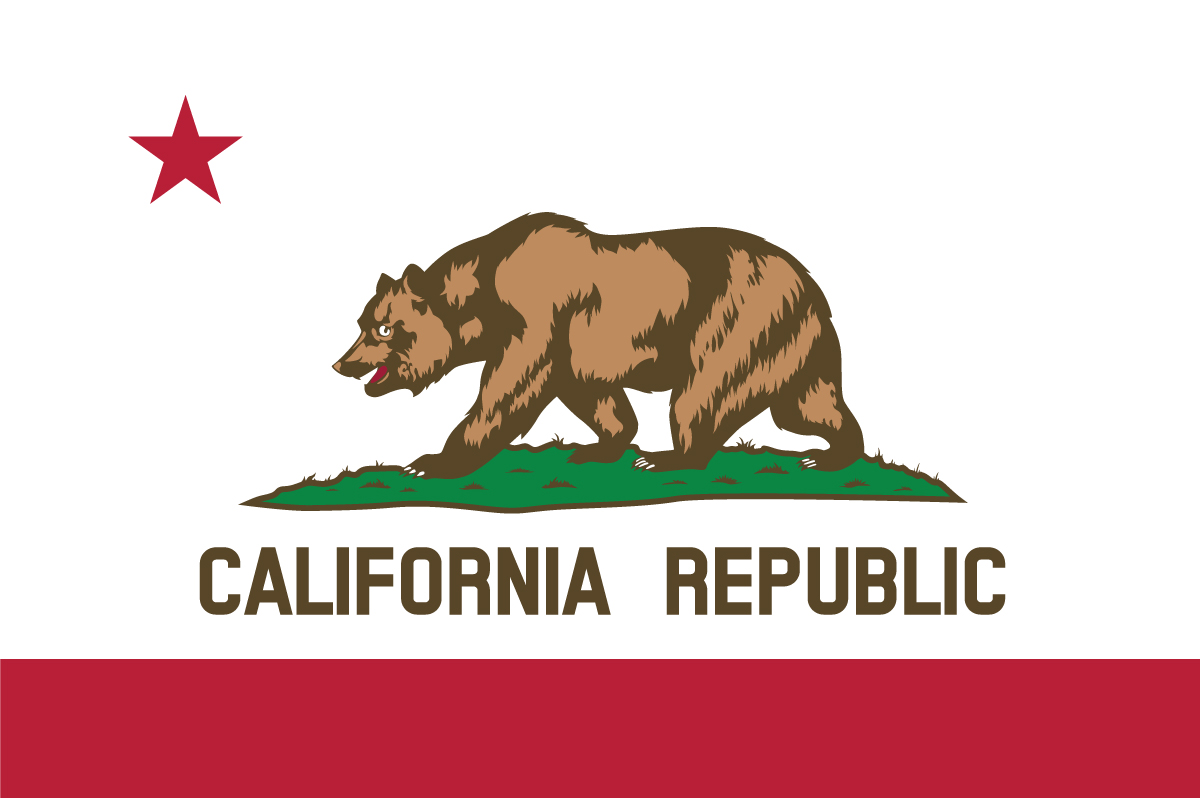In a significant turn of events, California voters have rejected a ballot measure that aimed to raise the state’s minimum wage to $18 per hour, marking the first time since 1996 that such an initiative has failed in any state.
This decision, encapsulated by Proposition 32, reflects a complex interplay of economic concerns, voter sentiment, and the ongoing debate over wage policy in one of America’s most expensive states to live in.
Background of Proposition 32
Proposition 32 was put forward to incrementally increase the minimum wage from the current $16 per hour to $18. The proposal included phased increases based on the size of the employer, with larger businesses (26 or more employees) seeing the increase to $18 by January 1, 2025, and smaller businesses having until January 1, 2026. This measure was seen by its proponents as a step towards ensuring a living wage that could keep pace with California’s high cost of living. The ballot measure failed, narrowly getting only 49.2 percent “yes” votes.
The Campaign Dynamics
The campaign for Proposition 32 was spearheaded by investor and anti-poverty advocate Joe Sanberg, who argued that the increase was vital for lifting low-income workers out of poverty. Support came from labor unions, the California Democratic Party, and other progressive groups. However, the initiative faced stiff opposition from business communities, including the California Chamber of Commerce, which raised concerns over potential job losses, higher consumer prices, and increased operational costs for businesses.
Opponents argued that recent minimum wage increases in specific sectors like fast food ($20/hour) and healthcare (with plans to reach $25/hour) had already put significant financial pressure on employers. They warned that another hike could lead to layoffs or reduced hours for workers, potentially hurting the very people the initiative aimed to help.
Voter Sentiment and Outcome
The vote on Proposition 32 was razor-thin, with approximately 50.8% voting “no” and 49.2% voting “yes.” This outcome was surprising to many, as California has historically been supportive of progressive wage policies. The rejection might signal voter fatigue or concern over the cumulative effect of multiple wage hikes within a short span. Some polls leading up to the election had shown diminishing support for the measure, highlighting a split in public opinion.
Implications
Economic Impact: The rejection of Proposition 32 means the state’s minimum wage will increase to $16.50 in 2025, as previously legislated, but it won’t go as high as $18 in the near term. This decision might provide some relief for small businesses but could also be seen as a setback for low-wage workers looking for relief from the high cost of living.
Future Policy Considerations: This vote could influence how future wage policies are crafted, potentially leading to more nuanced approaches that consider the economic health of various sectors, the size of businesses, and the broader economic climate.
Political Reflection: The outcome might prompt political strategists to reassess how labor issues are presented to voters, especially in a state known for its progressive leanings. It might also encourage a more bipartisan approach to economic policy, seeking solutions that balance worker welfare with business sustainability.
Moving Forward
While Proposition 32 did not pass, the conversation around minimum wage is far from over in California. Advocates for higher wages have indicated they will continue their efforts, perhaps with revised strategies or different timing. Meanwhile, business leaders and policymakers will likely analyze this result to understand the electorate’s current priorities and concerns.
The rejection of Proposition 32 does not mean the end of wage increases in California; it’s more of a recalibration. As the state grapples with affordability, housing, and employment, the dialogue between workers’ rights and business sustainability will undoubtedly continue, shaping the economic landscape of California for years to come.


